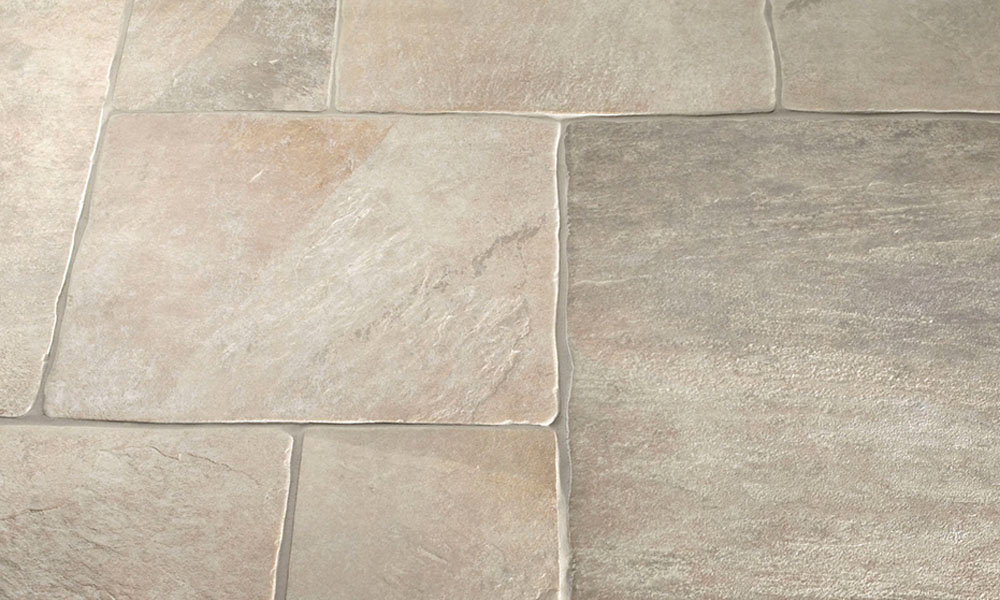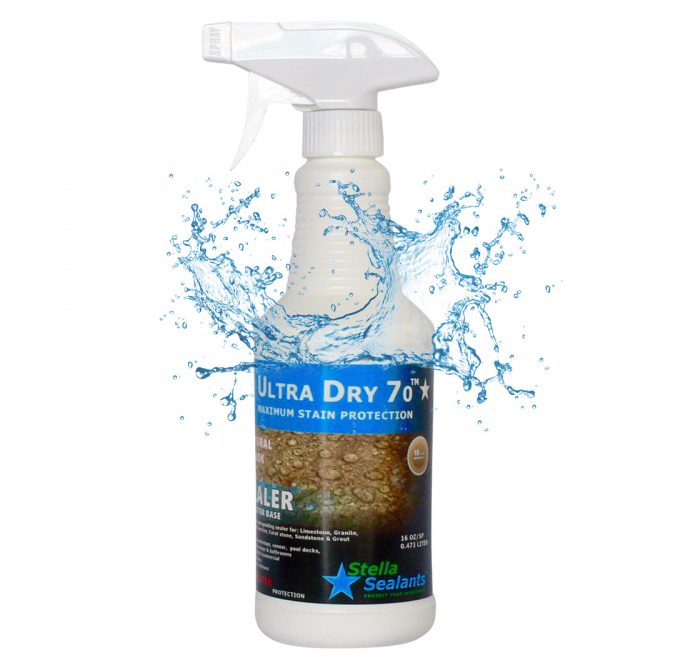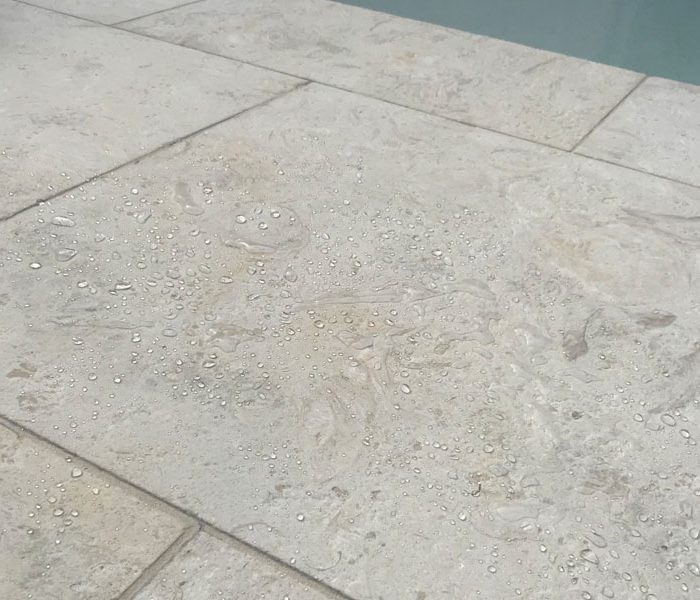Grout Sealer
Grout Sealer
Grout is a particularly fluid form of concrete used to fill gaps.
Grout is generally a mixture of water, cement, and sand, and is employed in pressure grouting,
embedding rebar in masonry walls, connecting sections of pre-cast concrete, filling voids,
and sealing joints such as those between tiles.
It is often color tinted when it will remain visible, and sometimes includes fine gravel when
being used to fill large spaces such as the cores of concrete blocks.
Unlike other structural pastes such as plaster or joint compound, correctly
mixed and applied grout forms a waterproof seal.
Although both grout and its close relative mortar are applied as a thick emulsion and
harden over time, grout is distinguished by its high viscosity and lack of lime
(added to mortar for pliability); grout is thin so it flows readily into gaps,
while mortar is thick enough to support not only its own weight, but also that of masonry placed above it.
Grout varieties include tiling grout, flooring grout, resin grout, non-shrink grout,
structural grout and thixotropic grout.
Tiling grout is often used to fill the spaces between tiles or mosaics, and to secure tile to its base.
Although ungrouted mosaics do exist, most have grout between the tesserae.
Tiling grout is also cement-based, and comes in sanded as well as unsanded varieties.
The sanded variety contains finely ground silica sand; unsanded is finer and produces a non-gritty final surface.
They are often enhanced with polymers and/ or latex.
Structural grout is often used in reinforced masonry to fill voids in masonry housing reinforcing steel,
securing the steel in place and bonding it to the masonry.
Non-shrink grout is used beneath metal bearing plates to ensure a consistent bearing
surface between the plate and its substrate.
Portland cement is the most common cementing agent in grout, but thermoset
polymer matrix grouts based on thermosets such as urethanes and epoxies are also popular.
Portland cement-based grouts come in different varieties depending on the particle size of
the ground clinker used to make the cement, with a standard size of around 15 microns,
microfine at around 6–10 microns, and ultrafine below 5 microns.
Finer particle sizes let the grout penetrate more deeply into a fissure.
Because these grouts depend on the presence of sand for their basic strength,
they are often somewhat gritty when finally cured and hardened.
Stella Sealants has great grout sealer product you can find it in our products section.







